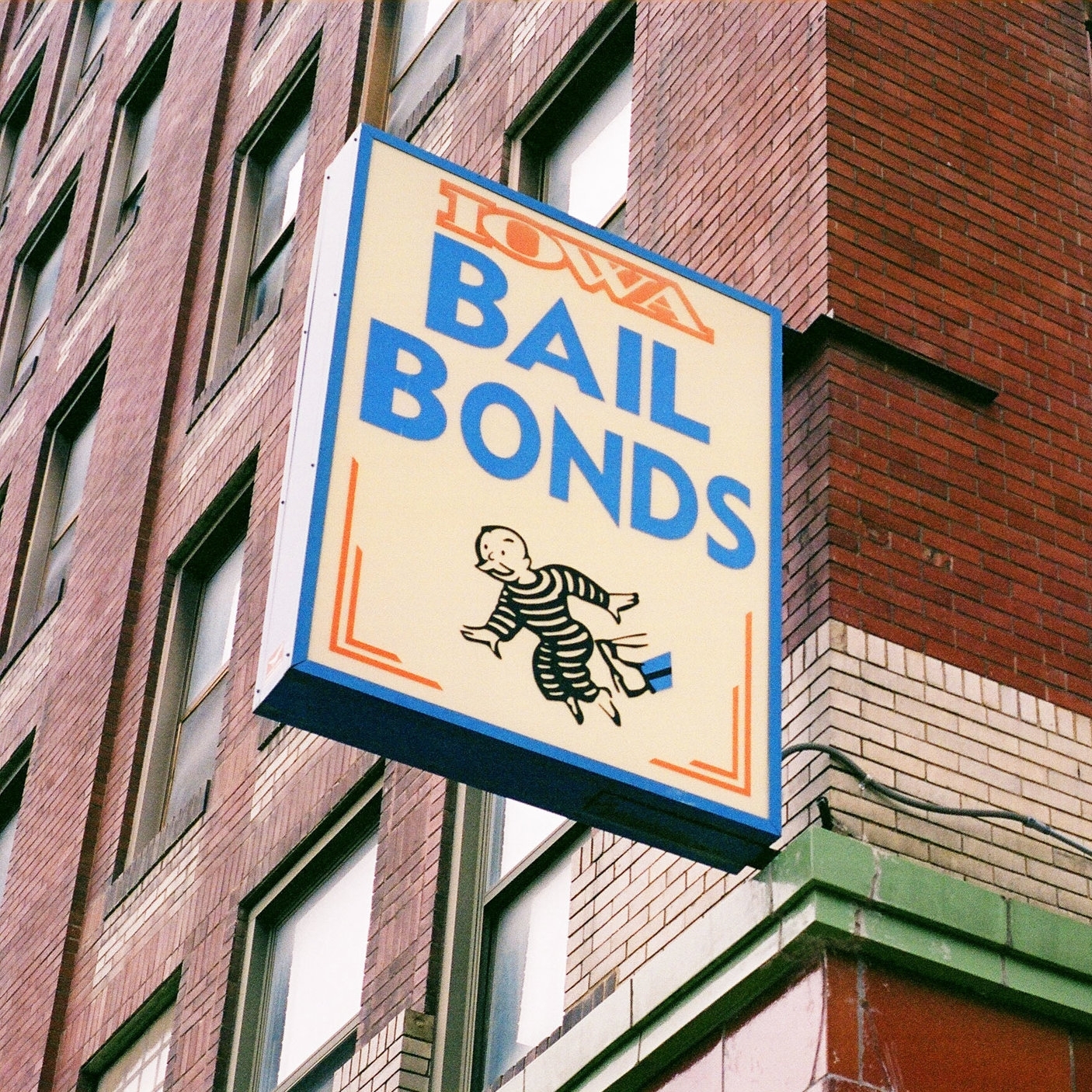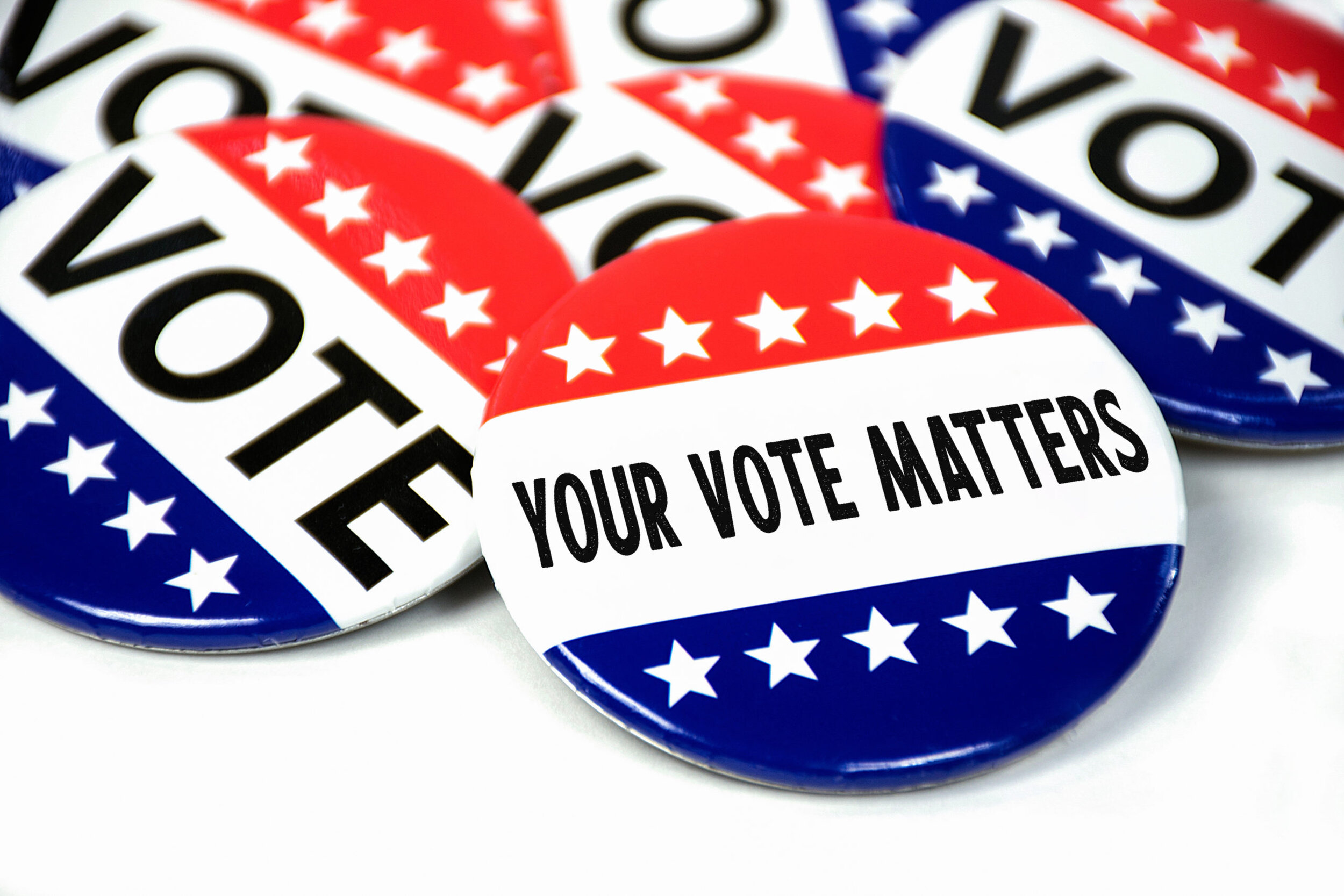Our Issues
The legal system has failed its promise of equal justice.
From police to prosecutors to courts and legislatures, both federal and state systems benefit the rich while harming people who are poor.
The justice system is premised on the notion that rich and poor are treated equally. But today, access to justice is based on how much a person can pay. People who are poor are systemically treated worse than the wealthy. People without financial means remain in jail prior to trial because they can’t afford bail, resulting in a higher conviction rate. Individuals who can’t afford to pay off court debt have their licenses suspended, sending them into an inescapable cycle of unemployment and hardship. These counterproductive policies result in an endless cycle of poverty.
Our work at Equal Justice Under Law is designed to bring about the change our justice system needs — to stop the seemingly endless cycle of burdens placed on people struggling to get by. We represent those who are underrepresented. We filed the first statewide legal challenges to money bail. We won the first statewide injunction against driver’s license suspensions for unpaid court debt. We are not afraid to tackle problems that have gone unaddressed.
We currently have two justice systems: one for the rich and another for everybody else. For hundreds of thousands of arrestees every year, the difference between freedom and jail depends solely on wealth status. A wealthy person can buy their pre-trial freedom, keep their job, and live at home while preparing their defense. An arrestee who is poor must stay in jail for days, weeks, months, or years until their case resolves. Those detained prior to trial are more likely to lose their jobs, get evicted from their homes, and be unable to care for dependent relatives. The money bail system does nothing to promote liberty, public safety, or court appearance rates; all of these goals can be better achieved through other means, and needless pretrial detention actually increases crime rates. Money bail is a price tag on freedom that only serves as wealth-based discrimination.
In a particularly cruel version of the NIMBY effect (Not In My Back Yard), small towns in Arkansas and elsewhere prohibit the existence of homes within the city limits that are worth less than an arbitrary amount of money (sometimes $25,000, $15,000, or even $7,500). These ordinances have nothing to do with public health or safety but are an ill-disguised attempt to drive people experiencing poverty out of what modest shelter they have. These discriminatory laws banishing manufactured homes can result in already burdened individuals becoming homeless once they lose the only housing available to them. Regulations to ensure that homes have potable water, safe sewage disposal, electricity, and functioning heat make sense. Regulations that use money as a proxy for these necessities are merely another form of wealth-based discrimination.
As our justice system gets more and more privatized, private probation companies have become one of the leading culprits for violating constitutional rights. The number of people on probation or parole is now higher than ever, and hundreds of thousands of individuals report to a private probation company. Counties are laying off their public probation officers and allowing private companies to earn profits from the citizenry. Too often, these private companies do not provide needed rehabilitation services — such as help locating jobs or housing — and instead they threaten probationers with jail to squeeze out exorbitant “probation fees.” Such practices destabilize housing, employment, and family relationships, and result in thousands of people going to jail simply because they are too poor to pay a private company. Such wealth-based discrimination has no place in our justice system.
In 38 states, someone will lose their driver’s license if they cannot afford to pay their court debt, even for minor offenses like littering that have nothing to do with traffic safety. A valid driver’s license is the single most important factor in getting and maintaining a job. Residents with suspended licenses are even further burdened by not being able to fulfill daily responsibilities like caring for children, making doctor’s appointments, getting to the grocery store, and commuting to work. Without a license, everything becomes more expensive, as individuals are forced to pay for rides just to tend to the necessities of living. The government is trapping people in a cycle of poverty, making it even more unlikely that they will ever pay back the court debt that led to the suspension in the first place.
Felony disenfranchisement, or the restriction of voting rights for individuals with a felony conviction, dates back to Jim Crow-era laws as states aimed to prevent people of color from voting. Laws vary state-by-state, but currently only three places ensure that individuals with felony convictions do not lose their right to vote (Washington, D.C., Maine, and Vermont). In 16 states, people convicted of felonies lose their right to vote while incarcerated but automatically regain their voting rights upon release. In 21 states, people convicted of felonies lose their right to vote while incarcerated but automatically regain their voting rights after a set period of time. 11 other states have stricter guidelines, which require a governor’s pardon or additional set amount of time post-incarceration before rights can be restored. One in 44 adults in the U.S. is disenfranchised due to a felony conviction. This issue affects African-Americans disproportionately, affecting one in 16 adults.
For far too long, individuals involved in the legal system have been strapped with paying for their own supervision. Pre-trial arrestees — who have yet to have their day in court — are saddled with the expenses of pre-trial supervision, on top of having to be supervised and to comply with the onerous and complex rules that come with supervision. They are billed for pre-trial supervision even if they cannot afford it, and they are threatened with jail if they do not pay. Private e-carceration, euphemistically known as “electronic monitoring,” involves a private company acting under a court order to strap one or more monitoring devices onto a person’s ankle that record their every movement. Private companies charge the wearer daily fees for each day the person is forced to wear the device. Forcing people to pay excessive fees for their own supervision in the legal system with no regard for ability to pay means that people are driven into debt and even threatened with incarceration for failure to pay.
6. Debtors' Prisons
Across the country, thousands of people are unconstitutionally jailed simply for being poor. States pile on fines and fees, even when it is clear that the person is simply too poor to pay. The Supreme Court has repeatedly held that someone cannot be punished for being poor. If a person genuinely cannot pay a debt to the state, then the state must find an alternate solution, such as community service, a payment plan, or reduction in the fine itself. Nevertheless, many states ignore longstanding constitutional precedent and jail people for fines they cannot pay, resulting in modern-day debtors’ prisons. The collateral damage to employment, child care, or education makes debtors’ prisons a tremendous — and unconstitutional — barrier to climbing out of the cycle of poverty.
Expungement, or wiping clean a criminal record, is an acknowledgment that a person’s criminal history should not haunt them for life. States allow for expungement on different timelines and under different policies - but the underlying idea behind expungements is that a person should be able to move forward in their life with a clean slate. Having a criminal record can be detrimental to a person’s life, including hindering employment opportunities and encountering difficulty securing housing. Some states make it so expensive to get a record expunged that many people are not able to afford this benefit. This means that only those with wealth are able to put their past behind them and get their records cleared, while those who are unable to pay the high fees are left with a record that continues to haunt them.
Poverty is too often mistaken for neglect. When parents struggle to afford stable housing or other basic needs, child welfare agencies frequently separate families rather than provide support to keep them together. Once children are placed in foster care, states impose steep child support fees on parents—without assessing whether those parents have the means to pay. These unaffordable charges drive families deeper into debt, make it harder for parents to regain custody, and extend the time children spend in foster care. Instead of offering resources to strengthen families, the system punishes them for being poor and turns financial hardship into a barrier to reunification.









